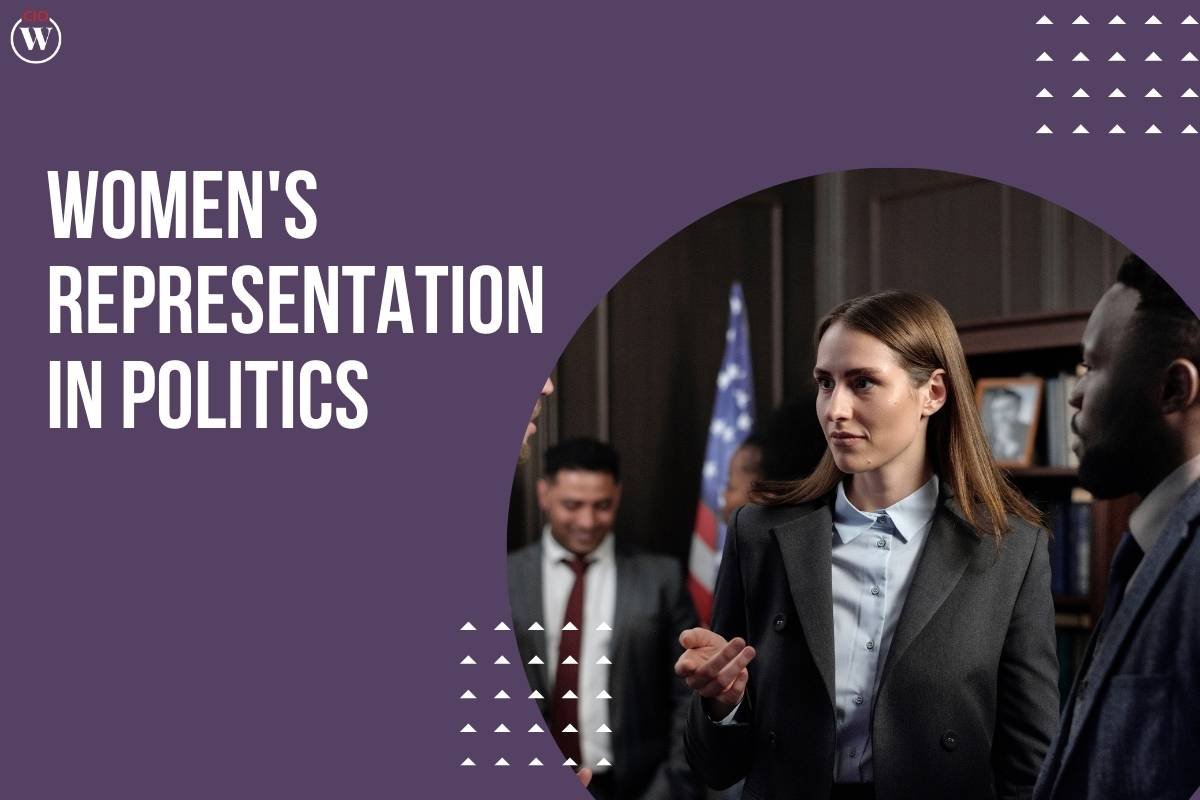In today’s rapidly evolving political landscape, the issue of women’s representation in politics stands as a critical barometer of societal progress toward gender equality and inclusive governance. The journey towards achieving parity in political representation has been fraught with challenges and victories, reflecting broader social attitudes and institutional barriers that shape the participation of women in decision-making processes globally.
Historical Context and Evolution
The struggle for women’s representation in politics dates back centuries, rooted in movements for suffrage and equal rights. From the pioneering suffragettes who fought for the right to vote to contemporary activists advocating for legislative reforms, the trajectory of women’s representation in politics has been marked by significant milestones and setbacks. Despite gains in many parts of the world, disparities persist, highlighting the enduring nature of gender bias in political spheres.
Barriers to Entry
Numerous barriers continue to impede women’s entry and advancement in politics. Structural impediments such as discriminatory laws, cultural norms, and lack of access to resources often limit opportunities for women to pursue political careers. Moreover, entrenched patriarchal systems within political parties and institutions can perpetuate a hostile environment that undermines women’s credibility and effectiveness as leaders.
The Impact of Representation
The presence of women’s representation in politics in political leadership positions has profound implications for policy outcomes and governance. Research consistently demonstrates that diverse legislative bodies, inclusive of women’s representation in politics perspectives, are more likely to prioritize issues such as healthcare, education, social welfare, and environmental sustainability.

This diversity of experience fosters a more responsive and equitable governance framework that better reflects the needs and aspirations of entire populations. Moreover, women’s representation in politics in leadership roles has been linked to improved transparency, reduced corruption, and increased trust in democratic institutions, enhancing overall societal well-being and stability.
Global Perspectives
Across different regions and political systems, the landscape of women’s political representation varies significantly. Nordic countries like Iceland and Sweden have achieved near parity in parliament, buoyed by proactive measures such as gender quotas and political financing reforms. In contrast, regions such as the Middle East and parts of Asia continue to grapple with entrenched cultural norms and legal barriers that hinder women’s political participation.
Policy Interventions
Effective policy interventions play a pivotal role in enhancing women’s representation in politics. Legislative measures such as gender quotas and electoral reforms have proven instrumental in expanding opportunities for women to contest and hold elected office. These measures not only facilitate greater women’s representation in politics but also contribute to a more inclusive and equitable democratic process.
Additionally, initiatives aimed at promoting women’s leadership training, mentorship programs, and grassroots advocacy empower aspiring female politicians to navigate and challenge existing barriers. By investing in these initiatives, governments and civil society organizations can cultivate a pipeline of capable and confident female leaders who are equipped to influence policy decisions and drive societal change. This comprehensive approach to fostering women’s representation in politics is essential for dismantling systemic barriers and advancing toward gender parity in governance worldwide.
Challenges and Opportunities

- Persistent Challenges: Despite progress, achieving gender parity in politics faces significant hurdles.
- Structural Inequalities: Disparities in access to education and economic opportunities hinder women’s political advancement.
- Gender-Based Violence: Pervasive violence against women remains a barrier to their participation in political processes.
- Systemic Biases: Deep-rooted biases within political systems marginalize women’s voices and contributions.
- Required Efforts: Policymakers, civil society organizations, and the private sector must collaborate to dismantle these barriers.
- Role of Digital Technologies: Harnessing digital tools can amplify women’s representation in politics by:
- Broader Outreach: Facilitating communication and engagement with diverse audiences.
- Engagement: Encouraging participation in political discourse and decision-making.
- Mobilization: Galvanizing support for policies that promote gender equity and social justice.
- Online Platforms: Provide unprecedented opportunities for women to:
- Share Perspectives: Amplify their voices and experiences in public discourse.
- Build Networks: Form alliances and partnerships that strengthen their advocacy efforts.
- Advocate for Reforms: Push for legislative changes that prioritize women’s rights and equality.
- Empowerment of Women: Effective use of digital technologies empowers women as influential agents of political change.
- Future Vision: Envisioning a future where women’s representation in politics reflects the diversity and aspirations of societies globally requires sustained commitment and strategic use of digital tools.
The Role of Civil Society
Civil society organizations and women’s rights activists play a pivotal role in advancing the agenda for women’s representation in politics. Through advocacy campaigns, coalition-building, and grassroots mobilization, these actors exert significant pressure on governments and institutions to enact comprehensive reforms that promote gender equity, foster inclusivity, and uphold democratic principles.

Their tireless efforts not only aim to dismantle systemic barriers but also contribute to shifting societal norms and perceptions surrounding women’s leadership in politics. By amplifying women’s voices and mobilizing public support, these organizations catalyze meaningful change and create pathways for increased women’s representation in politics at all levels of governance.
Looking Ahead
As we look towards the future, achieving meaningful progress on women’s representation in politics requires sustained commitment and collaboration across all sectors of society. Empowering women to participate fully in political processes not only strengthens democratic institutions but also catalyzes broader social and economic development. By embracing diversity and inclusion as fundamental principles of governance, societies can realize their full potential and pave the way for a more just and equitable world.
Conclusion
The quest for women’s representation in politics is a multifaceted journey marked by challenges, achievements, and ongoing evolution. By addressing systemic barriers, promoting inclusive policies, and amplifying women’s voices, societies can build more resilient democracies that reflect the diversity and aspirations of all citizens. Embracing the imperative of women’s political leadership is not only a matter of justice but also a strategic imperative for fostering sustainable development and global stability in the 21st century.









